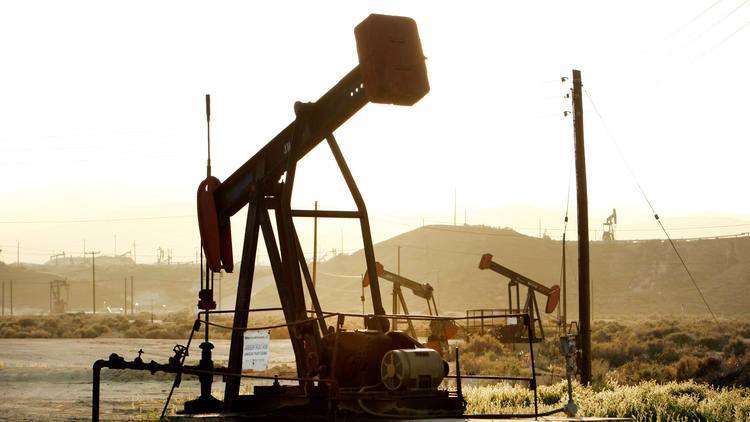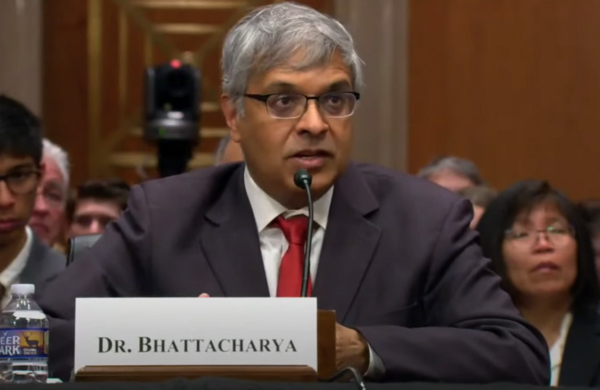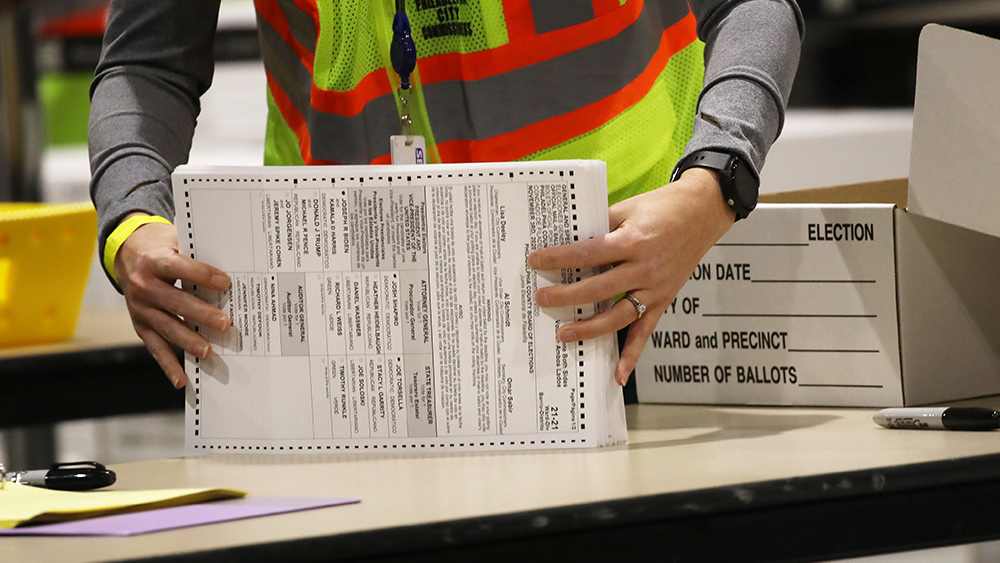Alex Epstein defends energy progress in his book “The Moral Case for Fossil Fuels”
03/30/2025 / By Ramon Tomey

- Alex Epstein argues in his book “The Moral Case for Fossil Fuels” that fossil fuels have significantly improved living standards, reduced pollution and enabled technological advancements – making them essential for human prosperity.
- He counters claims about climate change, pollution and resource depletion, asserting that human ingenuity and cleaner technologies mitigate risks while fossil fuel reserves remain vast.
- Epstein highlights how past doomsday forecasts (e.g., mass starvation in the 1970s) proved wrong, as fossil fuel-driven innovation led to greater prosperity and environmental improvements.
- Solar and wind are unreliable without fossil fuel backups, and biomass competes with food production. Fossil fuels remain the most practical energy source for now.
- Cheap, abundant energy – primarily from fossil fuels – lifts people out of poverty and powers advancements. Epstein advocates for improving fossil fuel efficiency while investing in future energy breakthroughs.
In “The Moral Case for Fossil Fuels,” Alex Epstein challenges the prevailing narrative that fossil fuels are inherently harmful and unsustainable. Instead, he argues that they have been – and continue to be – a driving force behind human progress by improving living standards, reducing pollution and enabling technological advancement.
Epstein’s journey into defending fossil fuels began with a surprising encounter in 2009. At a farmers’ market in Irvine, California, he met a Greenpeace activist who asked if he wanted to help end humanity’s “addiction” to fossil fuels.
Epstein responded that the world would be better off using more fossil fuels—a statement that shocked the activist, who assumed he must be financially tied to the industry. However, Epstein’s stance was based on years of research, not financial incentives.
Epstein systematically dismantles the most common arguments against fossil fuels:
- Climate Change Concerns: Critics claim fossil fuels cause dangerous climate change, but Epstein argues that human ingenuity has historically allowed us to adapt to climate variability. Technological advancements—from better infrastructure to agricultural innovations—have mitigated climate-related risks.
- Pollution Reduction: While opponents highlight pollution as a major drawback, Epstein points out that pollution from fossil fuels has been declining due to cleaner technologies, such as more efficient coal plants and advanced emission controls.
- Nonrenewable Nature: Some argue that fossil fuels are finite, but Epstein counters that known reserves are vast. By the time they are depleted, he predicts, better alternatives like advanced nuclear power will likely be available.
- Renewable Energy Limitations: Epstein dismisses the idea that solar and wind can fully replace fossil fuels, citing their intermittency. Unlike reliable fossil fuels, renewables require backup power sources, which often come from coal or natural gas.
Epstein also highlights how past environmental doomsday predictions have consistently failed. In the 1970s, experts like Paul Ehrlich warned of mass starvation and societal collapse by the year 2000. Instead, increased fossil fuel use led to unprecedented prosperity and improved environmental conditions.
Similarly, despite decades of warnings about catastrophic climate change, global living standards have risen. Epstein argues that the climate has always been volatile, but fossil fuel-driven innovation has helped humanity adapt and thrive.
Epstein challenges the oft-cited claim that 97 percent of scientists agree on catastrophic human-caused climate change. He argues that this statistic is misleading, often based on cherry-picked surveys rather than a true scientific consensus. He urges skepticism and independent evaluation of evidence.
Contrary to popular belief, Epstein asserts that fossil fuels have improved environmental quality. As their use increased, air pollution decreased in developed nations, and access to clean water expanded globally. He attributes these improvements to the wealth and technology enabled by fossil fuel energy.
While acknowledging the potential of renewables, Epstein critiques their limitations. Solar and wind energy are unreliable, requiring fossil fuel backups. Biomass is unsustainable at scale, competing with food production and driving up prices.
Epstein’s core thesis is that energy, not just fossil fuels, is morally essential. Cheap, abundant energy lifts people out of poverty, powers medical advancements and drives innovation. Fossil fuels remain the most practical way to provide this energy today.
Rather than abandoning fossil fuels, Epstein advocates for improving their efficiency and cleanliness while investing in future energy breakthroughs. The real moral choice, he concludes, is embracing energy progress to ensure a prosperous and sustainable future.
“The Moral Case for Fossil Fuels” presents a provocative, data-driven argument that fossil fuels have been a net benefit to humanity. Epstein urges readers to reconsider the demonization of these energy sources and recognize their role in advancing civilization. While acknowledging environmental concerns, he maintains that the benefits far outweigh the risks and that the path forward lies in innovation, not restriction.
Watch this video about the book “The Moral Case for Fossil Fuels” by Alex Epstein.
This video is from the BrightLearn channel on Brighteon.com.
Sources include:
Submit a correction >>
Tagged Under:
Alex Epstein, carbon dioxide, climate change, doomsday predictions, electricity, energy supply, fossil fuels, Green New Deal, green tyranny, greenhouse gases, power, power generation, power grid, renewable energy, solar energy, The Moral Case for Fossil Fuels, wind energy
This article may contain statements that reflect the opinion of the author
RECENT NEWS & ARTICLES
COPYRIGHT © 2017 COLLAPSE.NEWS
All content posted on this site is protected under Free Speech. Collapse.news is not responsible for content written by contributing authors. The information on this site is provided for educational and entertainment purposes only. It is not intended as a substitute for professional advice of any kind. Collapse.news assumes no responsibility for the use or misuse of this material. All trademarks, registered trademarks and service marks mentioned on this site are the property of their respective owners.




















